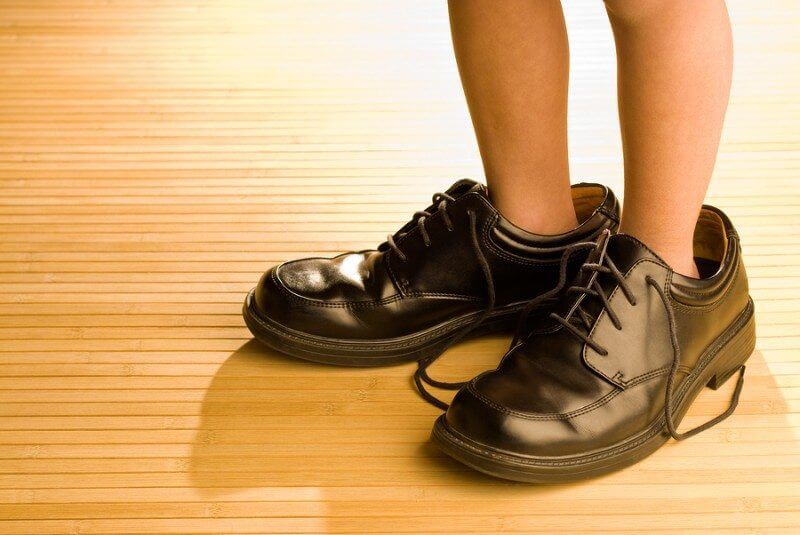When at a restaurant this week, I went to use the bathroom. Luckily, I speak French and knew the difference between femmes and garçons so could navigate which bathroom to use. Had my two children with autism been confronted with that on the doors, they wouldn’t have known which door to choose. It got me thinking…how to do we teach the symbols for toilet, which one to use if you’re male or female, and general washroom etiquette?
After doing some searching, I did find a good page filled with different symbols for the washrooms. While this doesn’t cover all of it because there is a vast, creative, array of toilet symbols, it’s at least a starting point to let a person with ASD know there is a variety of toilet signs and they can change from place to place. Restaurants tend to be the most creative with their bathroom signs, so when at a new restaurant, it would be a good idea to accompany the person with ASD even if they are independent with toileting. There will also be symbol differences between countries and languages. If planning a trip to another country, you may want to review the toilet symbols before you go to create some predictablility and lessen anxiety.
Read More »




